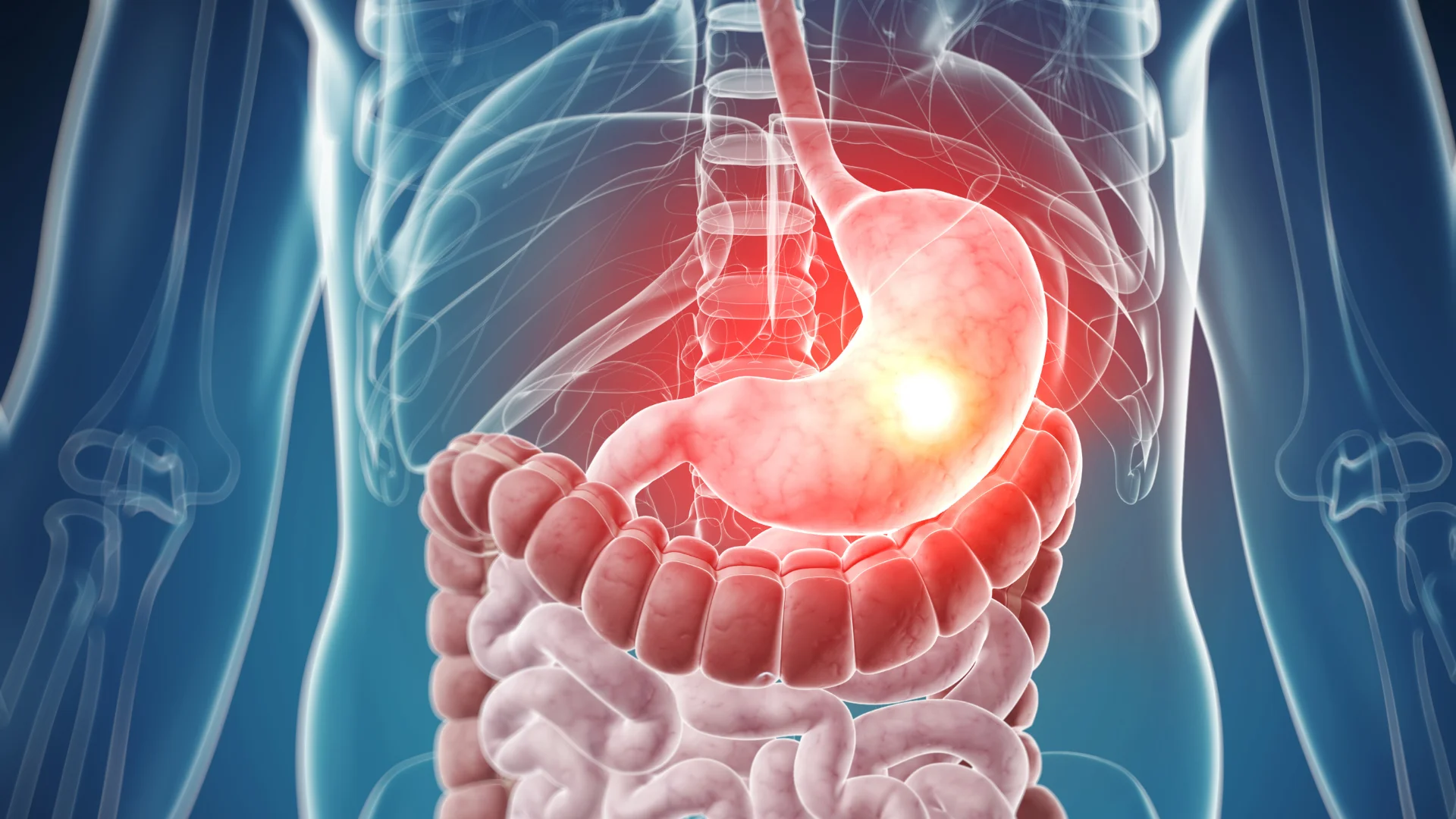
Stomach Cancer: What You Should Know ⚠️
Stomach cancer arises when stomach cells grow uncontrollably, transforming from normal cells into cancerous cells. It ranks among the most common cancers globally and has a high mortality rate due to late diagnosis, as early symptoms are often vague or absent.
Key Statistics 🔔
What Causes Stomach Cancer? 🤔
While the exact cause is not fully understood, certain factors increase the risk, including:
Symptoms to Watch For 👀
Symptoms can be subtle and vary between individuals. Some may experience no symptoms at all. Common signs include:
How Is Stomach Cancer Diagnosed? 🩺
Early detection is crucial for successful treatment. Diagnosis involves:
Consultation and Tests 👨⚕️
Laboratory Tests 🔬
Imaging Studies 🖥️
Additional Procedures 🛌
Treatment Options 🏥
The treatment plan depends on the stage of the cancer. The most important include:
Important: After surgery, patients must follow dietary advice and attend regular follow-up appointments to monitor recovery and prevent recurrence. ⚠️
Can Stomach Cancer Be Prevented? 🛡️
While complete prevention is challenging, early diagnosis and lifestyle changes can significantly reduce the risk.
Recommended Screening 👨⚕️
What to Avoid 🚫
What to Include in Your Diet ✅
Key Takeaway 🌟
Stomach cancer is a serious condition, but early detection and proactive lifestyle changes can make a significant difference. If you experience any persistent symptoms or have risk factors, consult a gastroenterologist promptly. Adopting a balanced diet, avoiding harmful habits, and prioritizing regular health check-ups are key steps in protecting yourself against this disease.
🩺 Explore out our Check-Up Programs!
DISCLAIMER: The information presented on this page has been intentionally condensed and simplified to make it accessible and easier to understand for the general audience. Its purpose is solely to provide basic awareness and education on the topic discussed. It is important to note that this content is not exhaustive and does not replace or serve as a substitute for professional medical advice, diagnosis, or treatment. Readers are strongly advised to seek consultations with qualified healthcare professionals or specialists for accurate assessment, personalized guidance, and appropriate medical care. Relying solely on the information provided here, without professional oversight, may lead to misunderstandings or inadequate treatment.
Privacy policy
Copyright ©2025 Klinika Kajo. Designed By Vizional